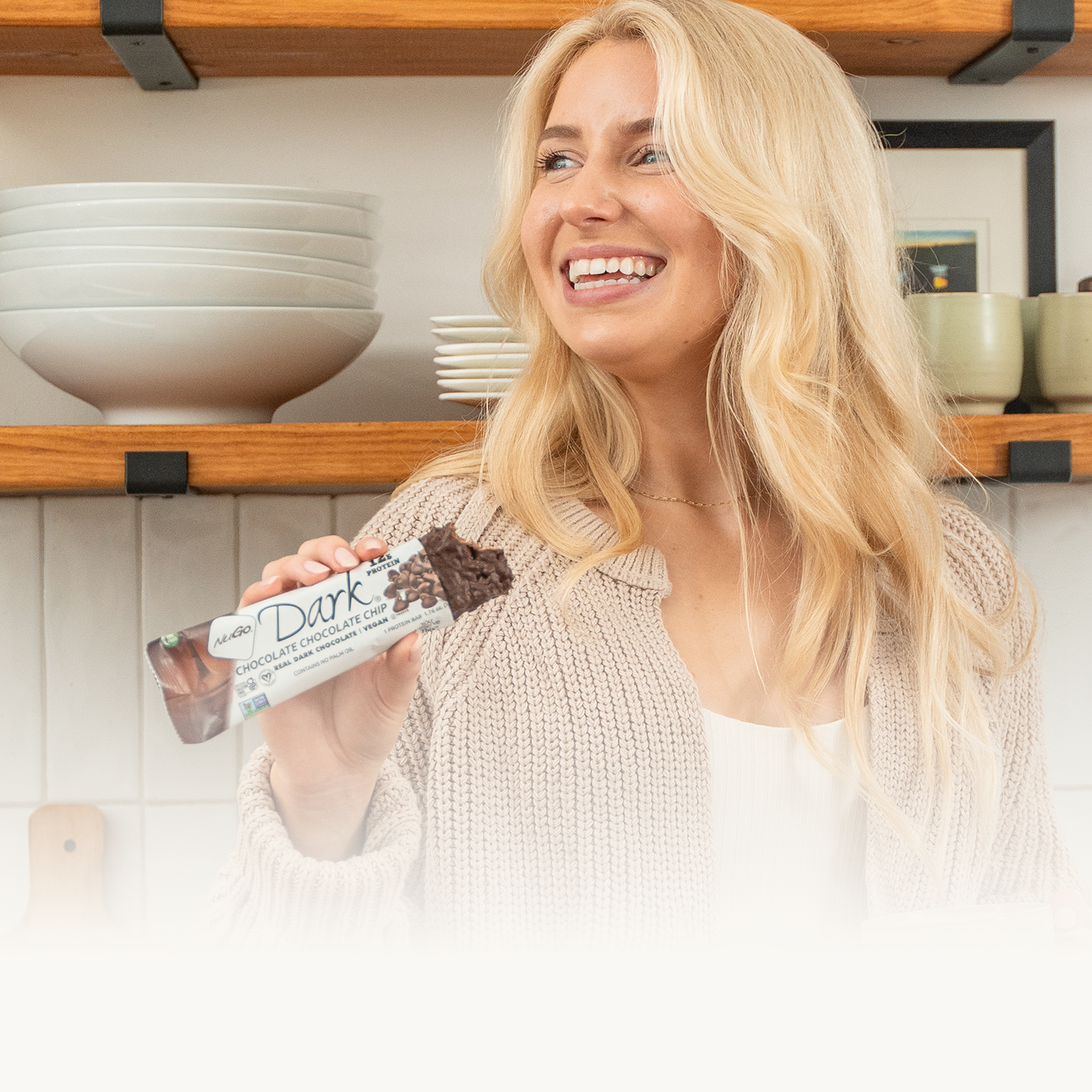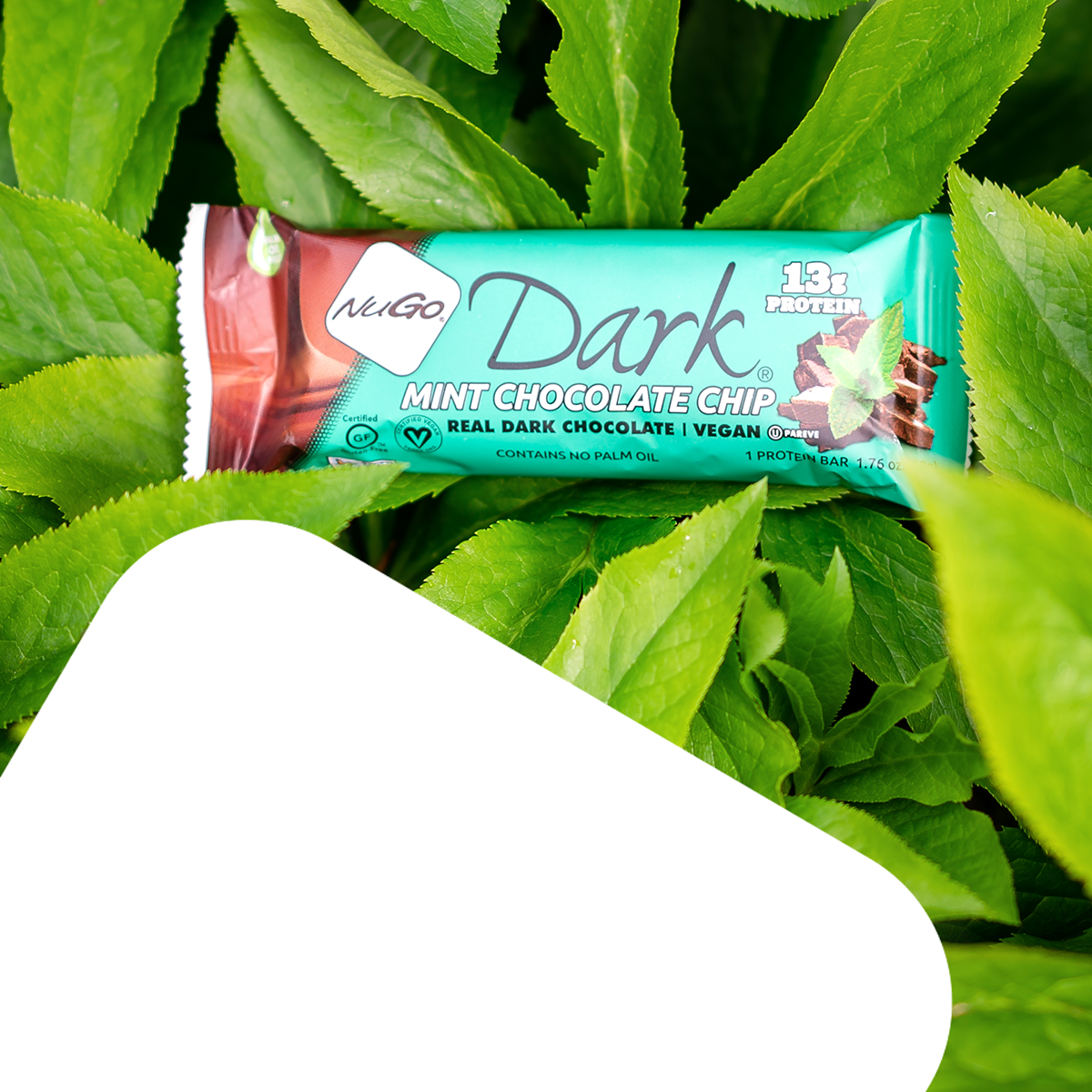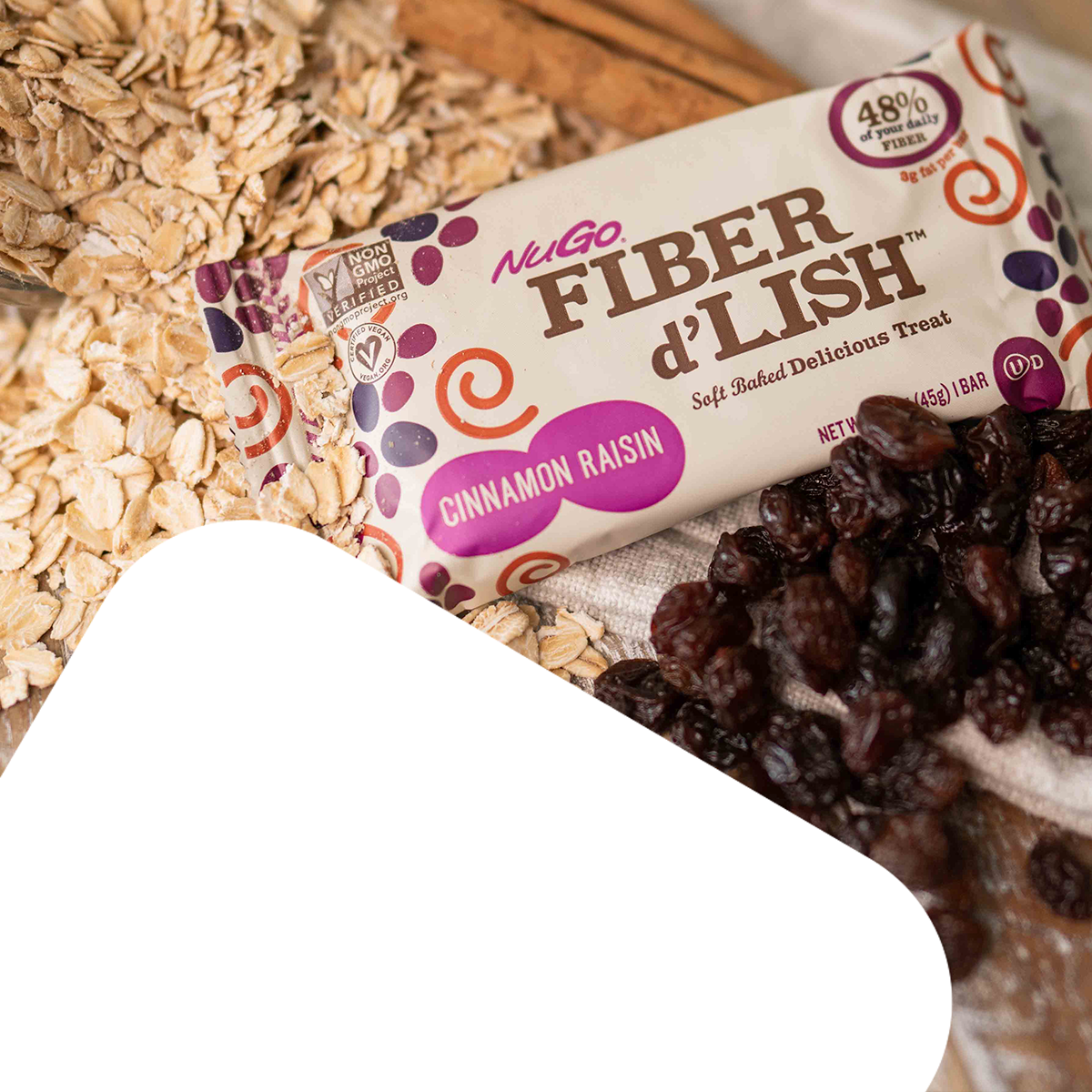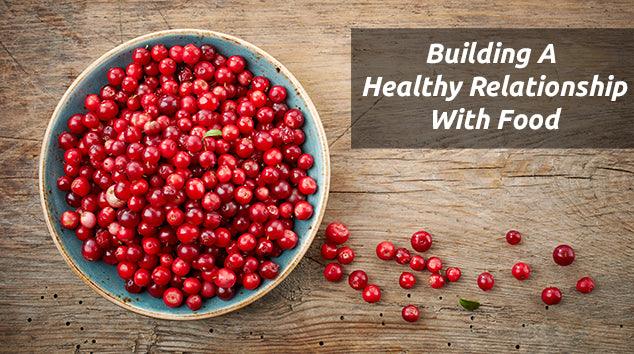In the midst of our society’s obsession with dieting and reaching a thin or fit ideal body type, you may get caught in a never-ending trap of food negativity and self-doubt. It’s easy to do, as you may be consistently fed messages about nutrition that benefit the $66 billion-dollar dieting industry instead of your individual health.
How can you begin to honor your health and cultivate a healthy relationship with food? Follow the tips below to get the positive food vibes rolling.
Food is not the enemy.
The dieting industry has led us to believe that food is the enemy, and coupled with your lack of self-control, you must follow restrictive and sometimes dangerous diets to be healthy. This could not be farther from the truth. Restrictive diets promote a negative outlook on food and encourage you to work against your natural food intuition, often leading to self-distrust around food.
What if food became a positive aspect of your life, rather than something that you fear or dread?
Consider what food can help you do instead of all the ways that food is your enemy.
- Carbohydrates can help boost your energy levels by supplying glucose to the bloodstream.
- Plant-based fats can support immunity, hormonal processes and offer protection to your body’s organs.
- Proteins can help build muscle mass and support all structural components of your body.
It is not about willpower.
Having a healthy relationship with food and making nutritious choices is not about willpower. You may be thinking, “Uh, yes it is…at least for me.” I encourage you to be open to what I have to say next.
You may view foods as either “good” or “bad” and attach a moral value to food, saying “I’m good for eating salad today” or “I’m bad because I had a piece of chocolate cake.” This outlook on food fosters the idea that making decisions about food is all about willpower. This mindset reinforces that you are the one to blame for poor nutrition decisions, often sprouting feelings of shame.
Believe it or not, you are not the one to blame. Instead, following restrictive diets often place the “bad” foods on a pedestal, making them untouchable. Therefore, we naturally gravitate towards them. Not to mention, restrictive eating leads to low blood sugar which encourages a physiological response to eat simple carbohydrates.
Grab your dark chocolate and eat it too, like the NuGo Dark varieties.
Identify stress and emotional eating.
We all have emotionally or stress eaten, and it is okay when it happens occasionally. However, when you notice food becoming a soother of emotions and stress regularly, rather than to soothe hunger, it may be time to take a few steps back and ask yourself:
- Do you eat to feel better emotionally?
- Do you eat more when you feel certain emotions and/or stress?
- Do you eat when you are not hungry?
- Do you feel out of control around food?
- Do you reward yourself with food?
If you have answered yes to any of the above questions, you may be eating to soothe emotions rather than hunger. Although you can begin by identify emotional eating triggers, it is best to seek ongoing professional help from a dietitian and a therapist if you struggle with emotional eating.
Stop over-analyzing food.
You may have heard from your neighbor that he does not eat any food with more than five ingredients. Or you may eavesdrop on a conversation at the grocery store of two woman chatting about how they chose to go gluten-free. Nutrition opinions constantly bombard us at consumer and social levels. How are you supposed to know exactly what to eat?
News flash: Food is meant to be simple. We often complicate it. If you consume foods that are wholesome, fresh and contain difference macronutrients and micronutrients from various food groups, you are doing a good job. There is no quick-fix, sustainable diet. There is no magic pill. Food is simple. Food is just…food.
This is one reason why I love NuGo Family Bars. They’re simple, convenient and well-rounded, containing simple and complex carbohydrates, saturated and unsaturated fats, proteins, and vitamins and minerals.










Leave a comment
This site is protected by hCaptcha and the hCaptcha Privacy Policy and Terms of Service apply.